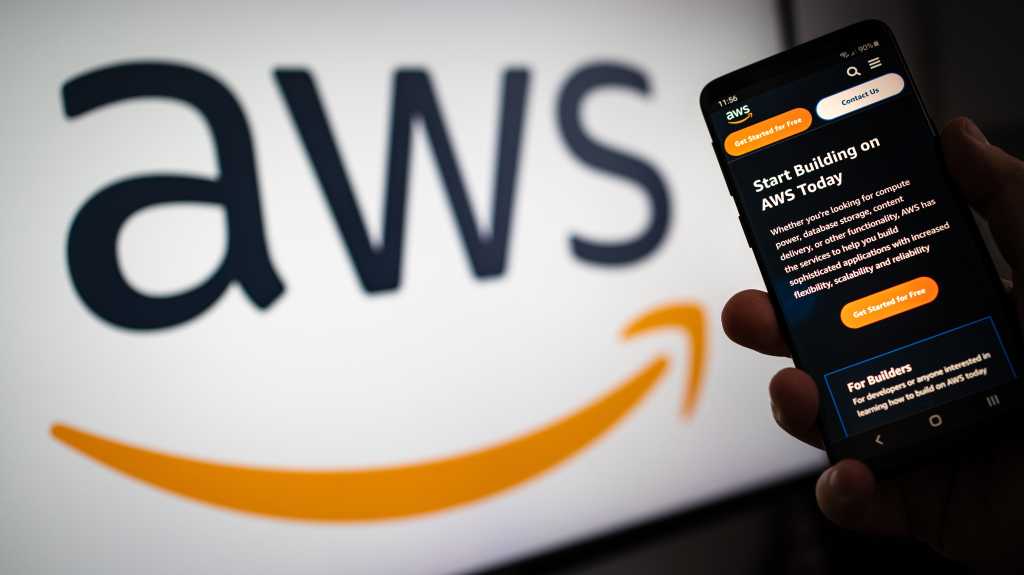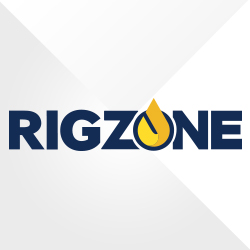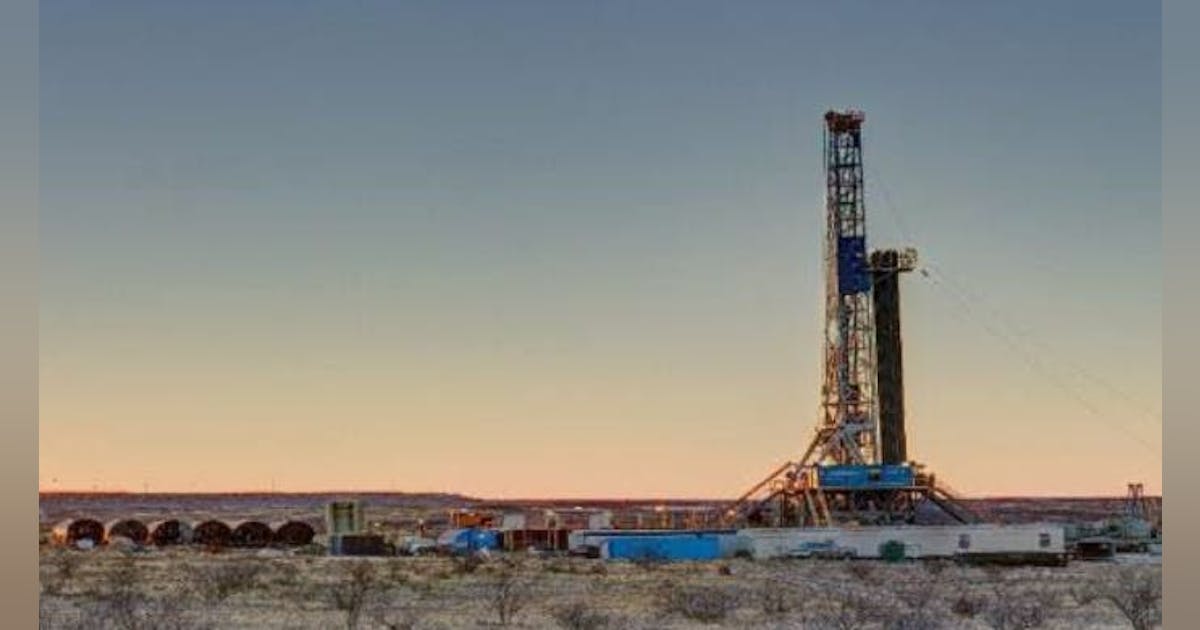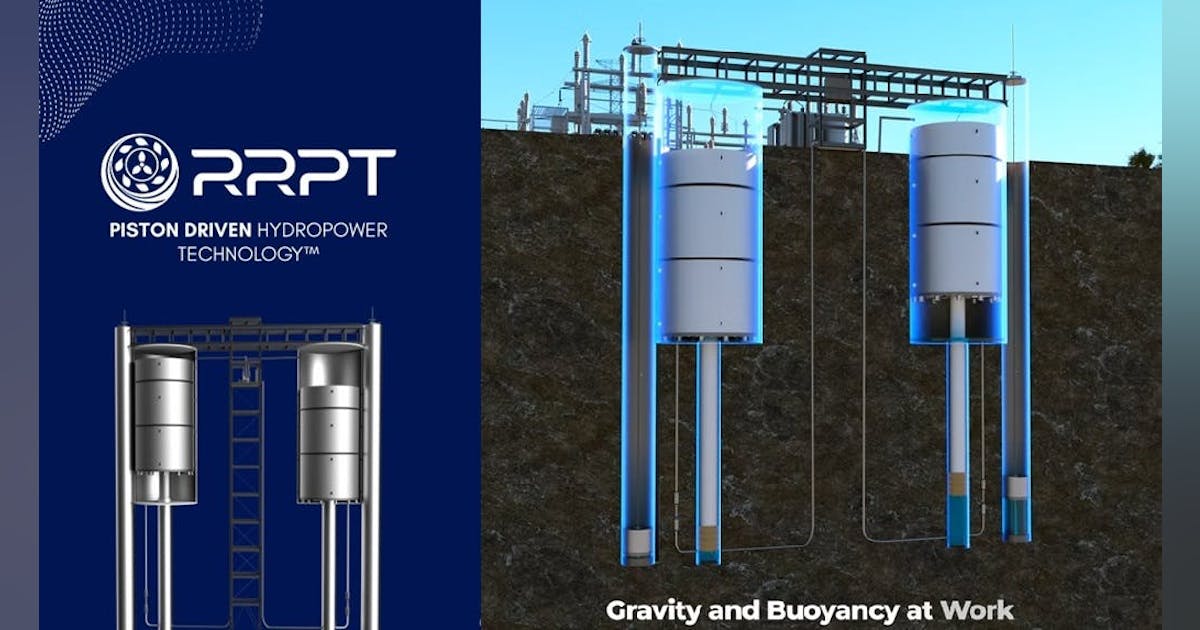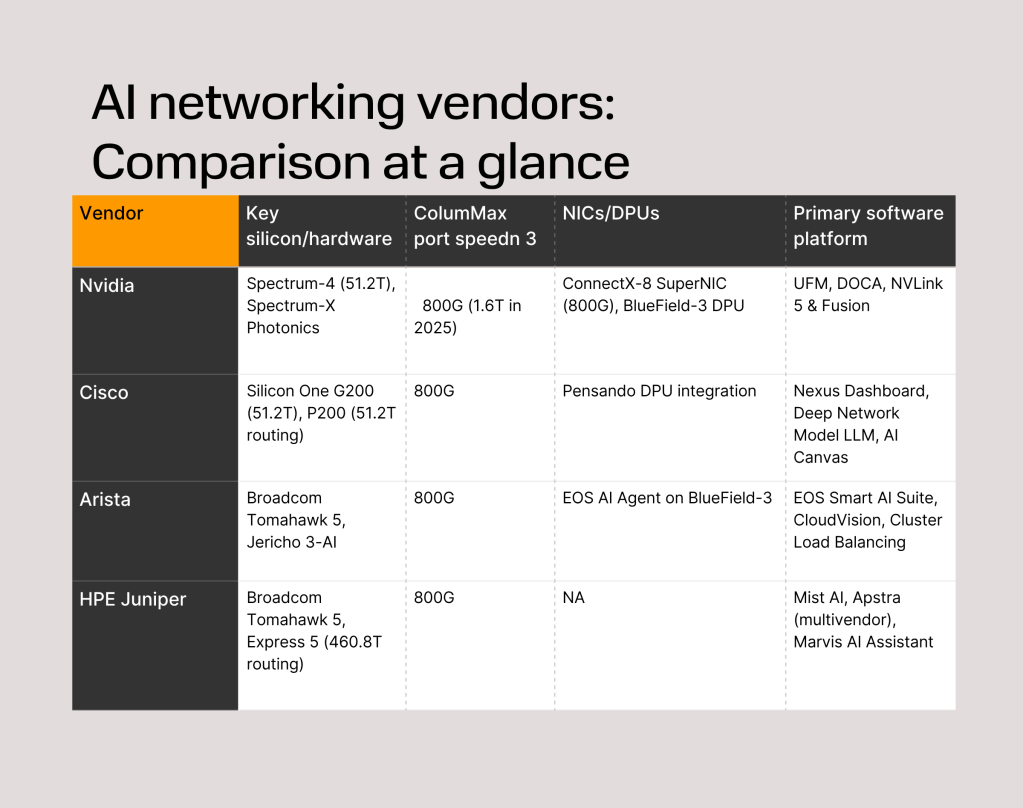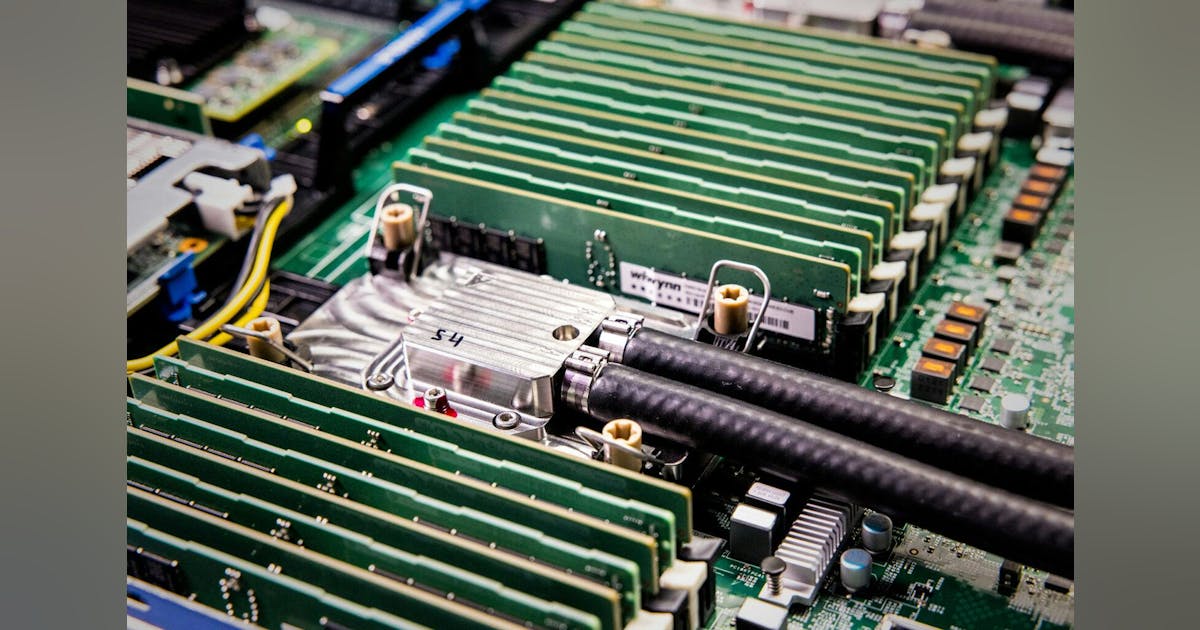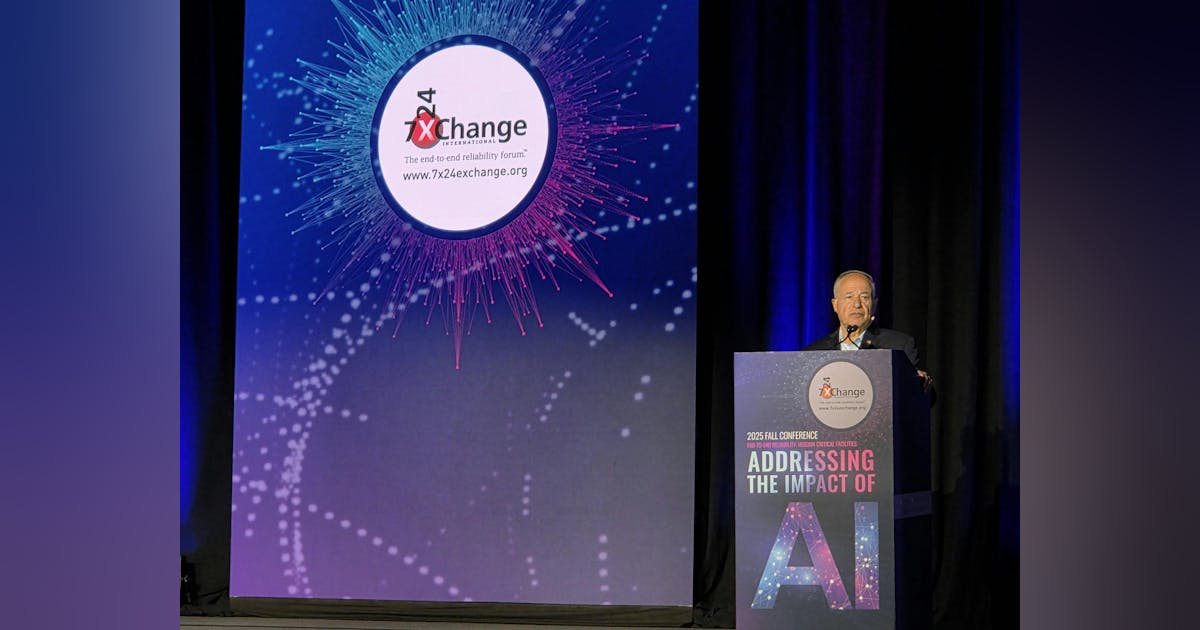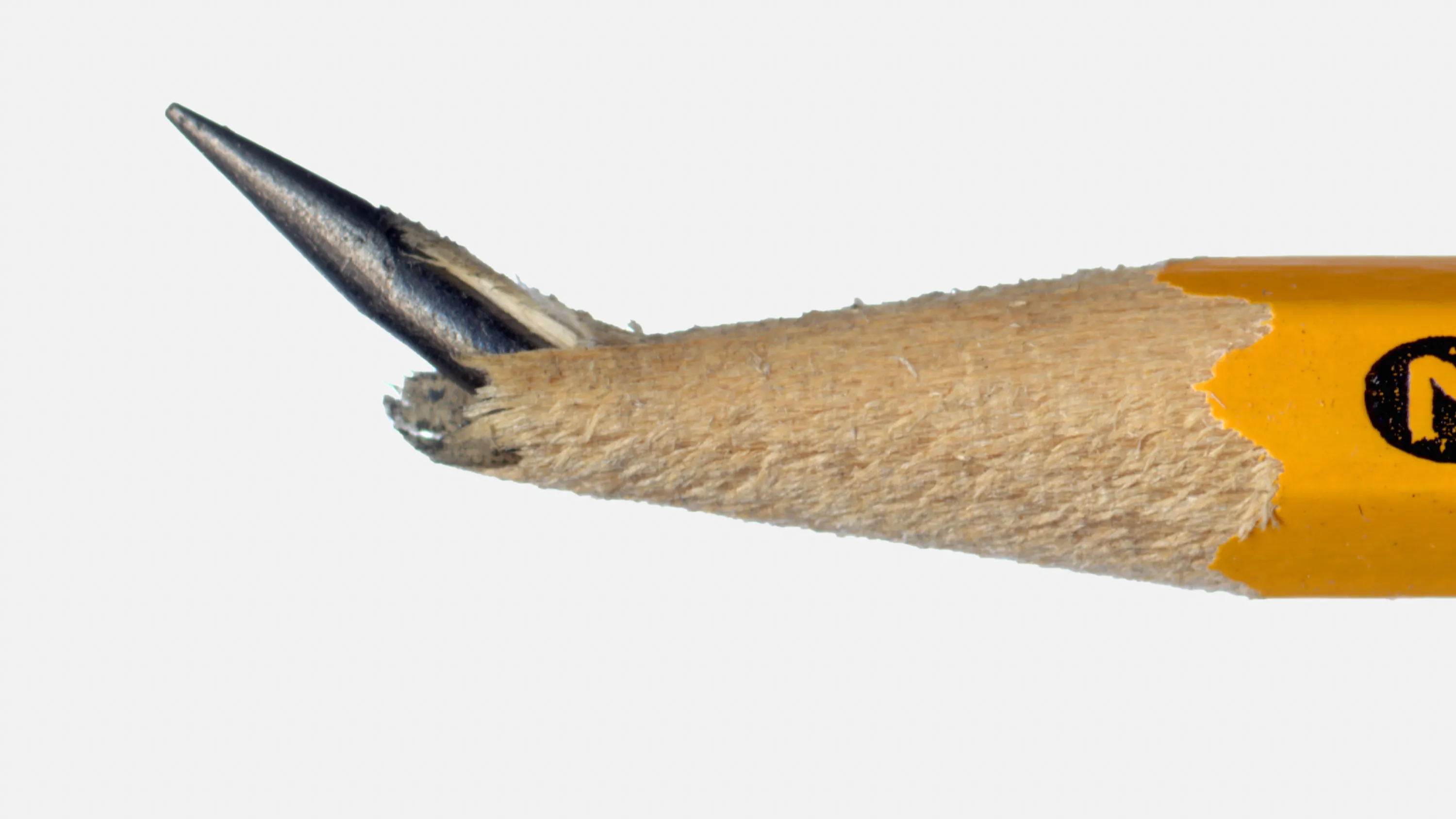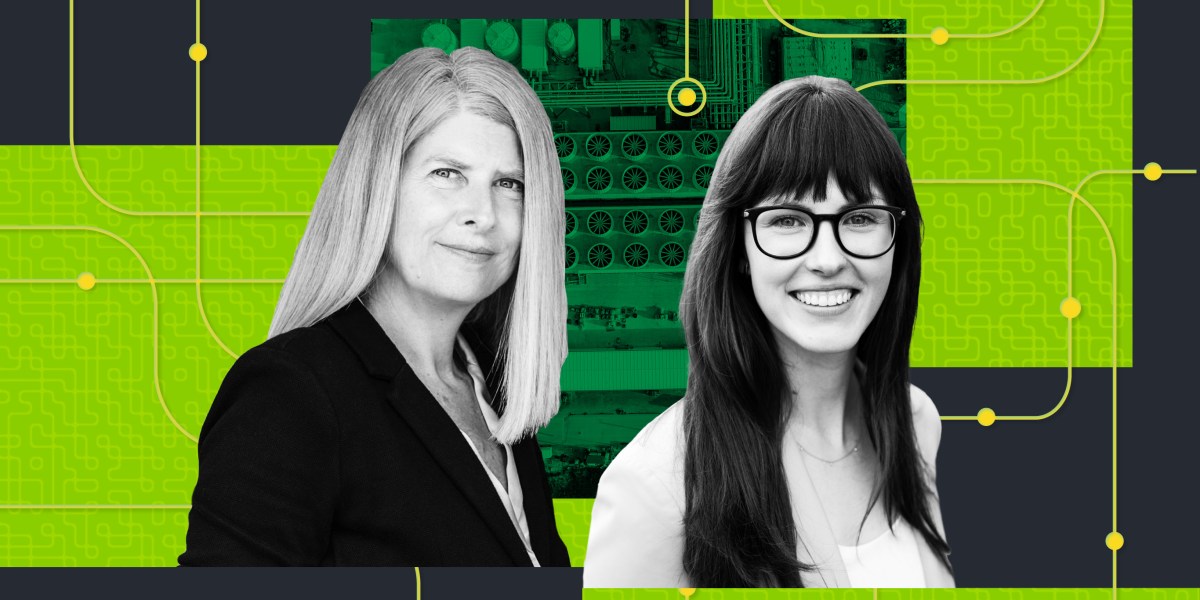
In a radio interview with Michael Berry on The Michael Berry Show, which aired recently, Rigzone President Chad Norville highlighted some of the latest U.S. oil and gas hiring trends.
“What we’re hearing from the medium to larger sized firms is that they’re expecting a relatively flat 2025 relative to 2024 … there’s a lot of optimism in the marketplace, but there are headwinds,” Norville told Berry in the interview.
“The discussions we’re having … [are] kind of a ‘wait and see’ approach but … cautiously optimistic. That’s what we’re hearing from the larger producers,” he added.
“[From] the medium and smallers, we’re hearing more optimism … more near-term optimism, on hiring, fast-tracking projects … getting permits, doing different things of that nature,” he continued.
Looking at the type of positions hiring now, Norville, who highlighted in the interview that Rigzone conducts job fairs “in all the key [U.S.] oil and gas markets” said, “what we’re seeing is a lot of tech roles, field operations types [of] roles”.
“Those are the things that I’ve been seeing and I’m still seeing with the job fairs that we’re putting together now, and who we’re talking to,” he added.
“You can go on Rigzone and find a petroleum engineer, a mechanical, electrical engineer, geophysical roles, those are always there, but we see large changes as the cycles change,” Norville continued.
“We saw things during the pandemic, for instance, it went to a lot of white-collar office roles. Now we’re seeing a lot of tech roles. So, field service technicians, I&E technicians, that’s instrumentation and electrical, mechanics. Those are the types of roles right now we’re seeing,” he noted.
“A lot of instrumentation, a lot of electrical, a lot of valve technicians. Those types of field roles are the things that we’re really seeing the most right now, and I’m not seeing any change in that yet,” he went on to state.
In the interview, Norville highlighted that Rigzone has talked to “some fairly large players that are not signing up for our job fairs right now but looking to … sign… up three or four months down the road”.
“It feels like there is the ‘wait and see’ kind of how are the tariffs going to play out … there’s so many positives … there’s so many … really great things coming out of this unleash American energy policy, but at the same time, there are headwinds potentially out there that … when it comes to the massive capital expenditures that some of these companies are responsible for … the risks are potentially reduced, but there’s other risks and new variables coming into play,” he added.
Artificial Intelligence
In the interview, Norville was asked by Berry how fast, if at all, he thinks “AI is going to … replace the jobs of people who are reading, calibrating, doing workovers, tear down … [and] doing things that relate to the instrumentation and the importance of that instrumentation”.
Responding to the question, Norville said, “I think it will affect it, but I think it’s just going to change the mechanisms in which you work and operate”.
“I’ve seen that in what I do … We’ve released some AI tools onto our website as well here in the last two weeks actually – we’ve been working on them for a year – they all benefit the recruiters in the industry,” he added.
“Go ask for some salary information on Rigzone’s new AI Rigzone GPT chatbot and see what you get from it. It’s fascinating,” he continued.
“We have looked at a bunch of different cover letters over the years … did qualitative maintenance on them and found the ones that we thought were most accurate and that recruiters would appreciate, that outline how our work history would apply most directly to a job,” Norville said.
“We trained the model, an AI model, and now we’re leveraging that model for our candidates and the recruiters because it’s going to highlight for them more effectively and efficiently … what that candidate is bringing to the table,” he noted.
“That’s live for free now for candidates, and what our recruiters get whenever they sign up on Rigzone. So, I’m fully embracing it. I’m more productive now … As a brainstorming tool, it’s brilliant,” Rigzone’s President went on to state.
Entry Level
In the interview, Berry focused on entry level hiring in the sector and told Rigzone’s President that he gets “a lot of emails from people who’ve just gotten out of the military, and they say,
what should I do? Where should I go? Who’s hiring?”.
“They want a career, not just a job … I tell people, find a job in energy,” Berry added in the interview, before asking Norville, “what do you say to that guy – he just got out of the marines?”.
Responding to the question, Norville told Berry, “first and foremost, the very explicit oil and gas roles and training and education is going to be there for a long time – as long as someone, at that point, would be able to fulfill a career with it”.
“Whether that’s petroleum engineering or mechanical engineering focused on oil and gas, geology, chemical engineering, electrical engineering focusing on oil and gas, those things are going to be there for the foreseeable future. I mean … to 2050 I would guess, at least,” he added.
“We’re not going to see a significant change in at least the demand side of oil and gas for a good while. So, I think they could still fulfill a strong career. And here’s the thing – some people might be reticent to go get a petroleum engineer degree, so there’s going to be less competition,” he continued.
“There’s a lot of people with a lot of experience that are going to be retiring … there’s going to be openings and opportunities there for those folks,” he went on to state.
Norville also highlighted “tech roles” in the interview “if you are concerned and you’re wanting something more transferable”.
“Electrical and instrumentation are massive and you don’t have to get a full Batchelor’s degree to do that. You could get an associate’s or a certification,” he added.
“For electrical, there’s electrical engineering technology, power distribution technicians are in massive demand. Huge oil services companies I know right now are … chomping at the bit to get power distribution folks,” he said.
“Power plant technology, energy systems, industrial maintenance technology, so you
can be a maintenance tech. They’re [in] massive demand and they’re transferable skills. Those are
associate’s degrees. Certifications … there’s a power systems tech, electrical power distributions certifications, I know those are out there – industrial electricians,” he continued.
“You could do any of those things … That could be as little as three to six months on those certifications, and you could get a job. There…[are] roles out there for those folks, and they’d love to train you up. And like I said, it’s transferable. You could do a lot of different things. A lot of industries you know, require those skills,” Norville went on to state.
“You can get an associate’s degree in instrumentation or controls automation. They have robotics technology, which is cool, that goes into it – ROV [remotely operated vehicle]. We have huge companies we work with that just focus on that,” Norville said.
“There’s certifications in automation and instrumentation too – there’s control systems tech certifications, there’s automation professionals. You can get a PLC programming certification, those exist. For someone coming in, those are really highly transferable skills and things that aren’t massively time consuming to go get a certification or associate’s degree,” he added.
“I would say that for that person from the military looking into it, those are you know, good skills that are going to be there no matter what happens to set your mind at ease. If you were concerned about the industry, which I’m not,” Norville stated.
Job Search
In the interview on The Michael Berry Show, Rigzone President Chad Norville also highlighted Rigzone’s job search process.
“For our website, you upload … [your CV/resume] to Rigzone, activate your account, your CV, do some searching, do some applying,” Norville pointed out.
“We have AI mechanisms in there that will do what it can to help you. It will look at what your qualifications are. It will look at what job titles you’ve had previously, or what your experiences are. It will keep an eye out on those … it will look at those things, and as jobs become available that you qualify for, it will send you those,” he added.
“It’s tiered, so it’s going to give you the most optimal job for your experiences and what you’re looking for right then, and then it’ll tier down and say, okay, let’s step out a little more broadly and see if there’s anything in the space maybe that you know might work for you. And then it’ll go even more general. So not everything is going to be on the nose, but it’s looking all the time,” Norville continued.
In the interview, Norville also encouraged people to head to Rigzone’s events page and look at what job fairs are coming up.
“Almost every event will have someone that they’re looking to train up and give … entry level without experience, and it’s broad,” he highlighted.
“There’s a lot of different types of roles that they’ll take in and they’ll train you up. Some of them are a little harder – you have to have certifications for some kind of training in order to do it,” he added.
“But there are a lot of other types of roles … floorhands, deckhands – a lot of people make a lot of money in this industry that started kind of at the bottom and worked their way up. And you can do it quickly … in some instances,” Norville continued.
To contact the author, email [email protected]

